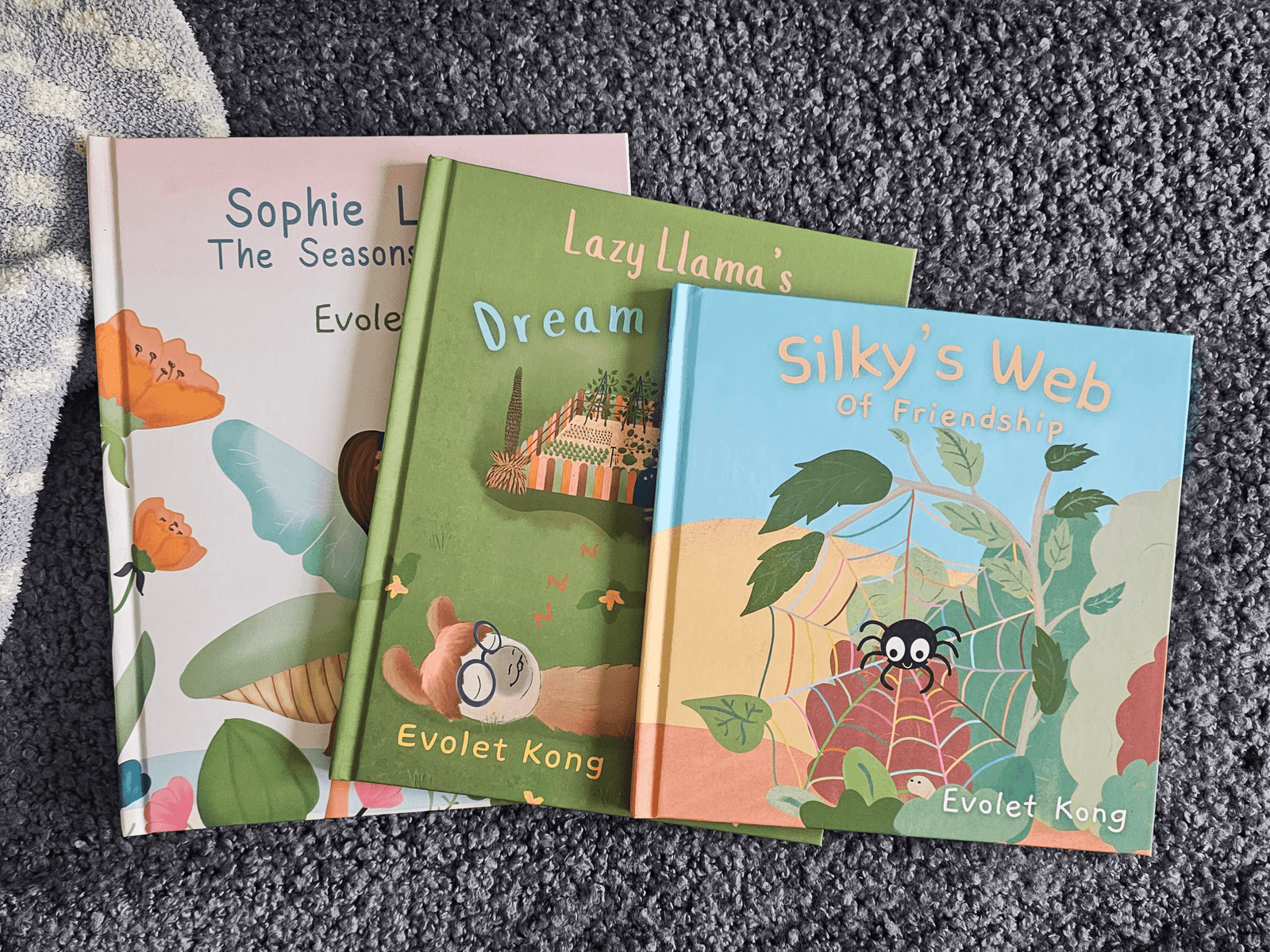Teaching honesty to children can be a delicate task. After all, honesty isn’t just about telling the truth. It is also about building trust, taking responsibility, and understanding the consequences of our actions. One of the most effective tools for imparting these values is storytelling. Stories engage a child’s imagination and make abstract concepts like honesty relatable and memorable.
Let’s explore how stories can nurture honesty in children.
1. Stories Create a Safe Space for Learning
Stories provide a gentle, non-judgmental way for children to explore complex ideas. A character’s mistakes offer lessons in honesty without making the child feel pressured or ashamed about their own behavior. By reading about someone else’s experience, kids can process the idea of honesty in a safe, neutral space.
2. Show Real-World Consequences
Children often learn best through examples. Stories show what happens when characters are dishonest, how lies can lead to misunderstandings, hurt feelings, or lost trust. They also demonstrate the positive outcomes of honesty, such as stronger relationships and personal growth.
3. Stories Introduce Moral Dilemmas
A good story often places characters in challenging situations. What happens when telling the truth feels scary? These dilemmas can help children grapple with the complexities of honesty and understand why it’s a virtue worth striving for, even when it’s hard.
4. Highlight Empathy and Perspective
Honesty isn’t just about speaking the truth, it’s also about understanding how our actions affect others. Stories often place readers in the shoes of various characters, helping children understand the impact of dishonesty on relationships and the importance of being truthful to build trust.
5. Celebrate Courage and Accountability
Being honest requires bravery, especially when admitting a mistake. Stories with characters who own up to their errors model accountability and encourage children to see honesty as an act of strength rather than weakness.
Children resonate with the characters and themes in these books, allowing them to internalize important life lessons. So the next time you want to teach your child about honesty, reach for a story. Share the magic of storytelling, and watch your little ones grow into truthful, empathetic, and courageous individuals.
10 Books That Teach Honesty
Here’s a list of engaging books that explore the value of honesty. To help you pick the perfect story, I’ve included a table with recommended age ranges and summaries for each title.
The Empty Pot by Demi Age 4-8
Ping is asked to grow a plant for the emperor but can’t make his seed sprout. When it’s time to show his results, he honestly brings his empty pot. The emperor praises his honesty and makes him the new leader.
A Big Mooncake for Little Star by Grace Lin Age 3-7
Little Star sneaks bites of a giant mooncake instead of waiting for her mom’s instructions. When caught, she admits the truth and learns a lesson about being honest and following directions. The story is sweet and filled with beautiful illustrations.
Too Many Carrots by Katy Hudson Age 2-6
Rabbit loves collecting carrots but lies when it causes problems for his friends. He learns to share and be honest about his mistakes. His friends forgive him, and everyone enjoys the carrots together.
Ruthie and the (Not So) Teeny Tiny Lie by Laura Rankin Age 4-8
Ruthie finds a small toy and lies about owning it to impress her classmates. When her guilt grows, she confesses the truth and feels proud of herself. The story shows how honesty helps you feel good inside.
Edwurd Fudwupper Fibbed Big by Berkeley Breathed Age 4-8
Edwurd tells a ridiculous lie that spirals out of control, putting his town in danger. He admits what he’s done and works to fix his mistake. The story teaches the value of truth with humor and excitement.
Howard B. Wigglebottom and the Monkey on His Back by Howard Binkow Age 4-8
Howard lies often and feels like a “monkey on his back” is weighing him down. He learns that being honest frees him from guilt and makes his relationships better. It’s a fun way to understand how honesty helps us feel lighter.
Franklin Fibs by Paulette Bourgeois Age 3-8
Franklin brags to his friends about a talent he doesn’t really have. When he’s asked to prove it, he must admit he was lying. The story highlights how honesty helps friendships grow.
The Berenstain Bears and the Truth by Stan & Jan Berenstain Age 3-7
Brother and Sister Bear break a lamp while playing and try to cover it up. They learn it’s better to tell the truth, even if it’s scary, because honesty builds trust. The book is simple and relatable.
Lying Up a Storm by Julia Cook Age 4-8
Levi tells wild lies that make his friends upset. He learns how dishonesty hurts relationships and how honesty strengthens them. The story encourages kids to choose truth over exaggeration.
Sam Tells Stories by Thierry Robberecht Age 4-7
Sam loves to tell wild stories, but his friends stop believing him. He realizes that truthfulness makes friendships stronger. This book shows the difference between being creative and being dishonest














